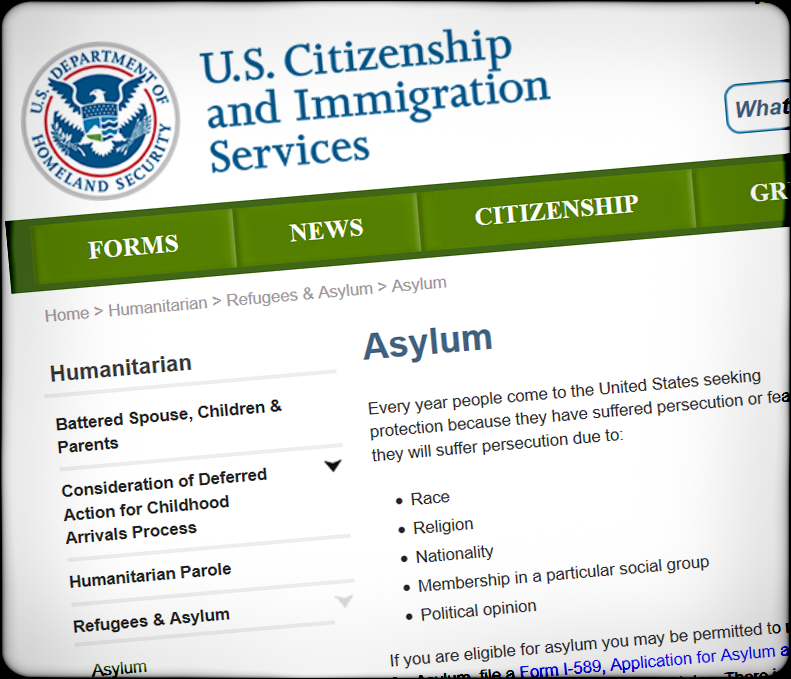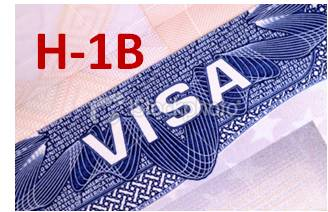 The recent layoffs in the technology industry have left nonimmigrant employees with limited options to continue working in the US if they do not find alternative employment with an employer willing to sponsor them for a nonimmigrant visa. This is particularly concerning for H-1B visa holders, who are granted only a 60-day grace period to change or extend their nonimmigrant status following termination. Layoffs disproportionately affect Indian-born H-1B workers subject to the long employment-based green card backlogs, where they face decades-long waits for permanent residency due to per-country limits. Retrogression in the employment-based preferences now affects all countries, but Indian and Chinese citizens are most affected.
The recent layoffs in the technology industry have left nonimmigrant employees with limited options to continue working in the US if they do not find alternative employment with an employer willing to sponsor them for a nonimmigrant visa. This is particularly concerning for H-1B visa holders, who are granted only a 60-day grace period to change or extend their nonimmigrant status following termination. Layoffs disproportionately affect Indian-born H-1B workers subject to the long employment-based green card backlogs, where they face decades-long waits for permanent residency due to per-country limits. Retrogression in the employment-based preferences now affects all countries, but Indian and Chinese citizens are most affected.
To address this issue USCIS has recently expanded the criteria for applying for Employment Authorization (EAD) based on compelling circumstances specifically linked to job termination. While “compelling circumstances” are not defined, USCIS has expanded compelling circumstances to include beneficiaries of approved employment-based immigrant visa petitions facing delays due to backlogs in immigrant visa availability. Non-immigrants who suffer hardships resulting from termination and loss of nonimmigrant status may qualify for an EAD if they can demonstrate compelling circumstances beyond the usual hardships associated with job loss. USCIS has provided examples of compelling circumstances, including serious illness or disability that significantly changes employment circumstances, financial hardship coupled with circumstances beyond typical job loss, and significant disruptions to the employer due to the applicant's knowledge or experience.
To be eligible for an EAD based on compelling circumstances, the non-immigrant beneficiary must have an approved I-140 petition for immigrant worker, maintain valid nonimmigrant status or authorized grace period, have not filed for adjustment of status, and their priority date must not be current according to the Visa Bulletin. While the expanded criteria offer some relief, the measure is limited in scope, primarily benefiting laid-off or terminated nonimmigrant workers who can demonstrate compelling circumstances. An EAD based on compelling circumstances does not confer nonimmigrant status. Recipients are only deemed to be in a period of “authorized stay”. Renewal of the EAD is possible based on continuing compelling circumstances or if the difference between the priority date and the Final Action Date is one year or less. Applicants should note that USCIS has not indicated that it will automatically extend EADs based on compelling circumstances.
Recipients of an EAD based on compelling circumstances will still to find alternative solutions to permanently remain in and work in the United States such as finding new employment and ensuring that the new employer file a new labor certification and I-140 petition, recapturing the old priority date and/or file a new H-1B visa petition for consular processing, allowing the worker and their family to return to the US in H-1B/H-4 status after obtaining visa stamping overseas.
Comprehensive immigration reform is crucial to address the huge backlogs in immigrant visa processing and provide a permanent solution. While any reform is welcomed this is simply a band aid on a gaping wound.
At Pollak PLLC, we offer expert assistance to obtain non-immigrant visas. If you're seeking help with applicable immigration laws, call us today at (214) 731-4515 to schedule a consultation and discuss your options. We provide comprehensive legal advice and representation to help you find the appropriate immigration solution for your visa needs.

-2.png)


